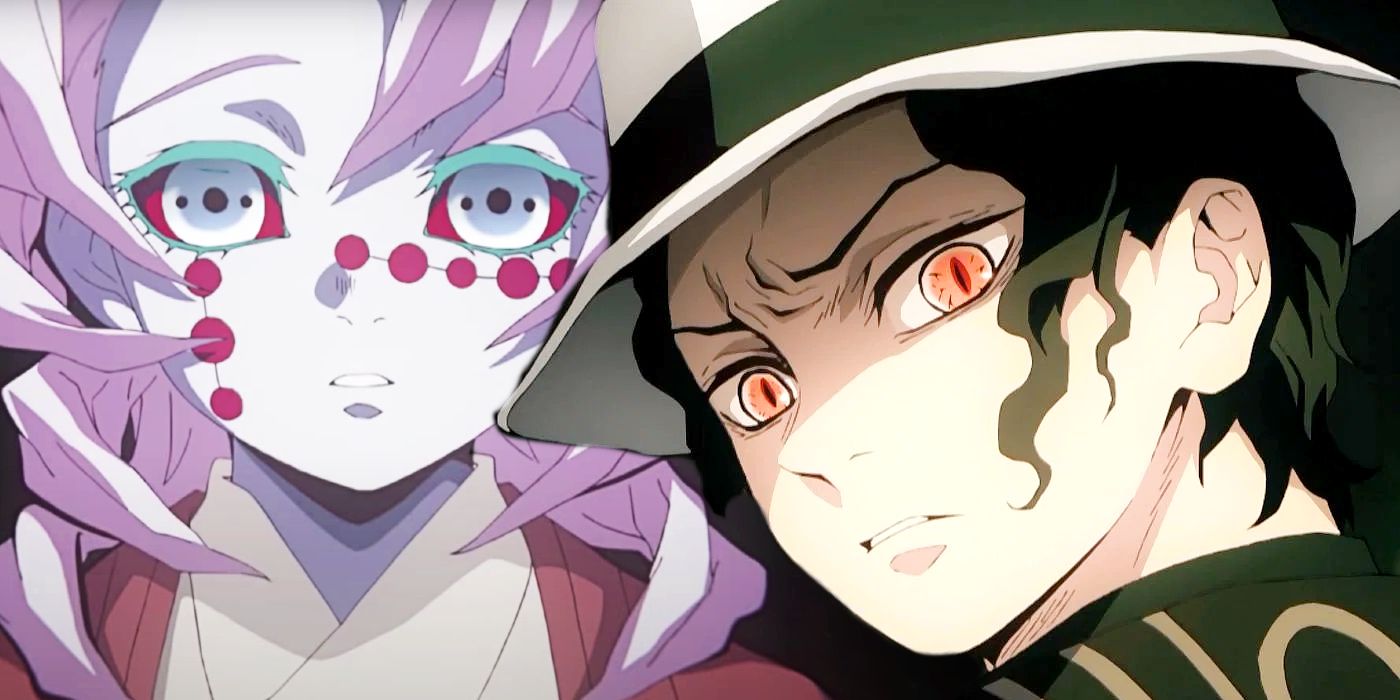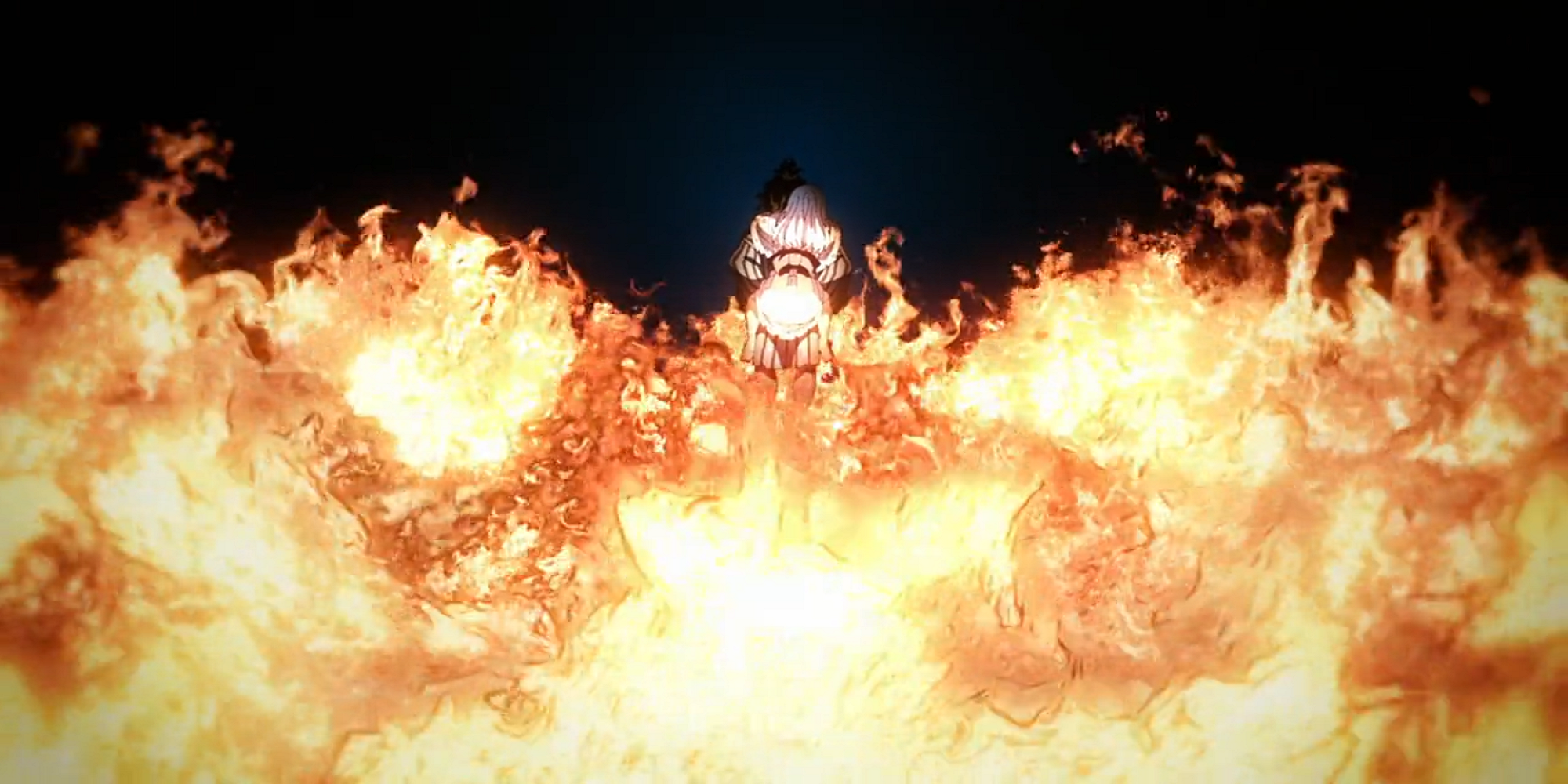When the demons in Demon Slayer: Kimetsu no Yaiba die, their power doesn’t seem to go back to Muzan, and there’s likely a good reason for it. Given the mechanics and lore behind demons, it would make sense for their defeats to benefit Muzan by allowing him to regain some fraction of the power that he’s lost. That’s never been shown to be the case, however, and the reason for it could be more blatant than one might think.
Demons in Demon Slayer are born when Muzan infects a compatible person with his blood; if Muzan isn’t around, then a demon can do it, themselves, on account of already having Muzan’s blood. From there, Muzan maintains both a physical and spiritual connection to his demons; Muzan can communicate telepathically with his demons, he can kill them remotely, and demons in Demon Slayer are even able to view Muzan’s memories as if they were their own. All of that establishes that Muzan is definitively linked to his demons via his blood, so it would stand to reason that he could force his blood to return to him when a demon dies and regain any power that he lost from creating them. Despite that, nothing of the sort is ever really shown to happen in the story, and when a demon dies, Muzan is virtually the same as he was before.
The reason why Muzan doesn’t seemingly regain any power when a demon is defeated could come from the specific way demons are shown to be defeated in the story. In most fights involving Demon Slayer's Tanjiro, whether it be through his words or actions, he’s able to make a demon reflect on their past life and feel remorse for the things they’ve done as a demon. The demon is then shown returning to their human form as they pass on into the afterlife, and while the symbolic aspect is clear as day, in another sense, it could mean that their demonhood is literally being purged from their system, thus giving Muzan nothing to reclaim.
The theory makes additional sense when the themes of Buddhism, which Demon Slayer draws on multiple times, are taken into account. In traditional Buddhist culture, going to hell doesn’t mean that you’re to be punished for eternity for your sins; instead, it means that you have to spend a certain amount of time burning off your bad karma in order to be properly reincarnated into the world. Because of that, whenever a demon is shown turning back into a human after they die, that could be symbolic of the Buddhist hell burning away their bad karma until there’s nothing left but good karma. If that were the case, then it would make sense for Muzan to not regain any of his power when it’s being incinerated by the literal fires of hell.
If the series is doing something like this, then it would make the role of protagonist Tanjiro Kamado all the more important. Tanjiro certainly needs to be strong enough to defeat the demons he fights, but what might end up mattering more is his ability to invoke empathy within his opponents. By doing that, he can pacify demons in their death throes and make them seek atonement with their final gasps of life instead of desperately try and keep fighting, thus making it easier for Muzan’s ranks, and overall power, to decrease. Something like that would be perfectly in character with Tanjiro, and more importantly, it would line up perfectly with the overall themes of Demon Slayer.


